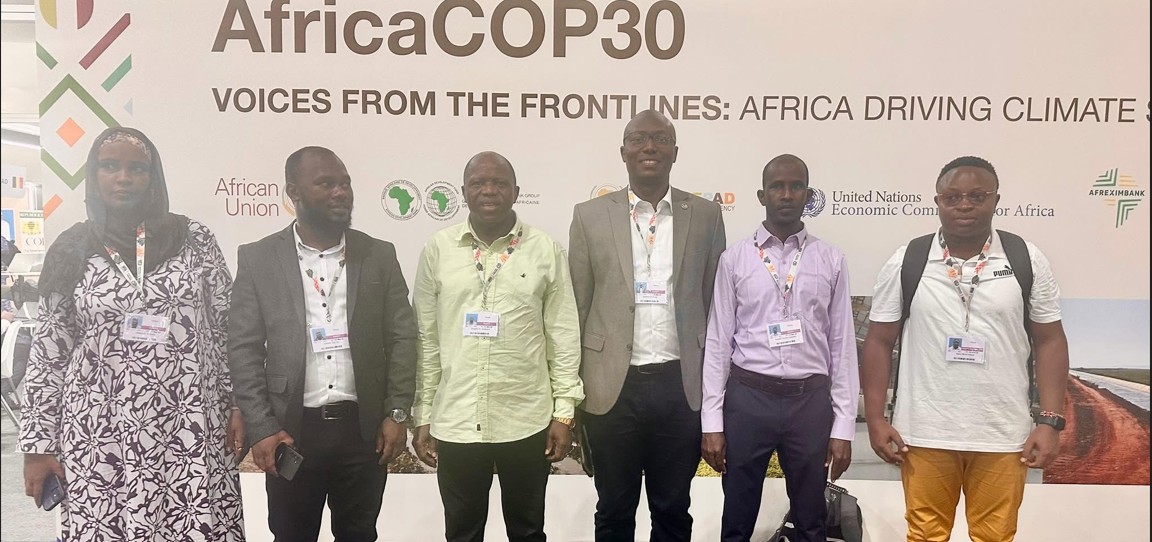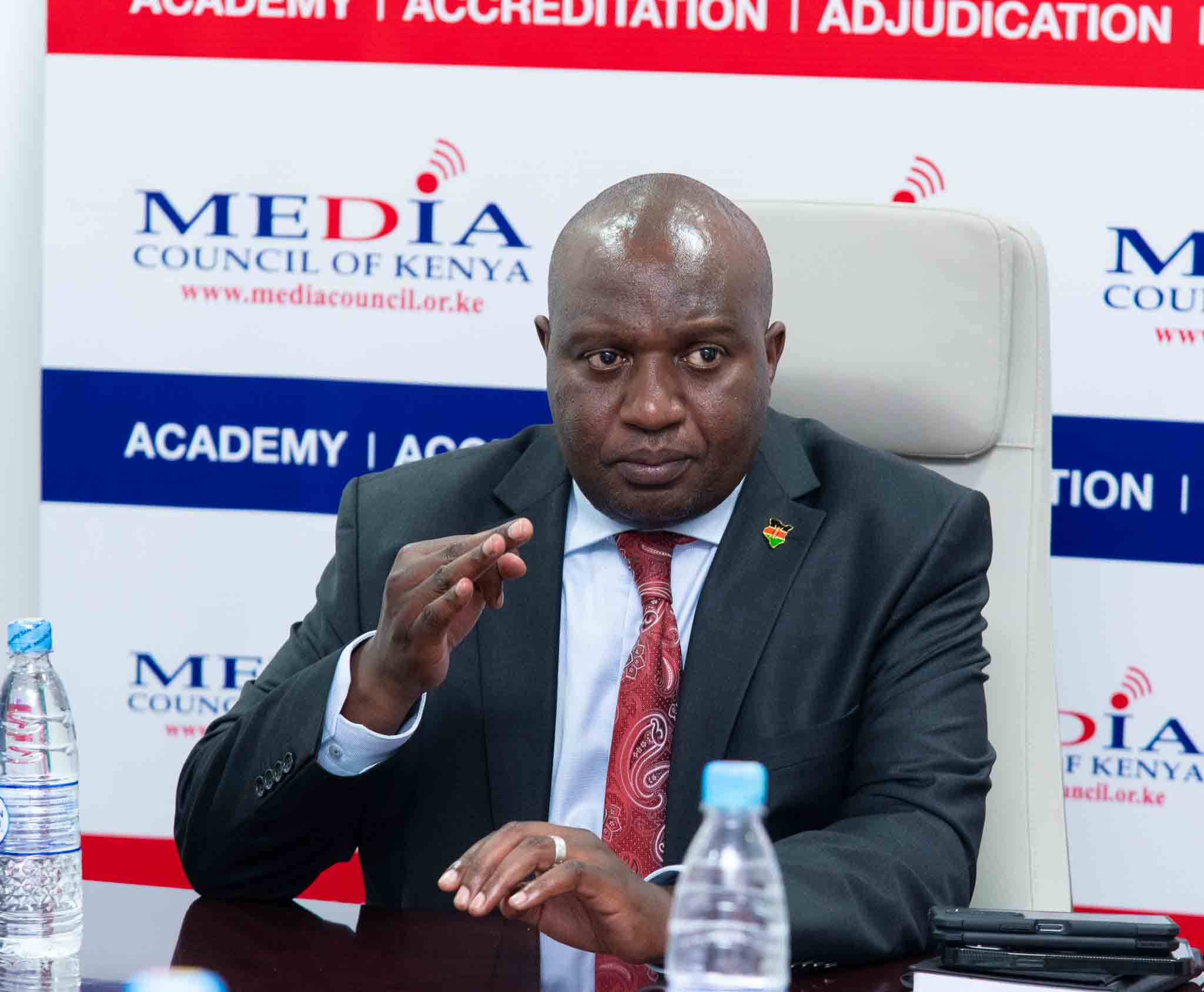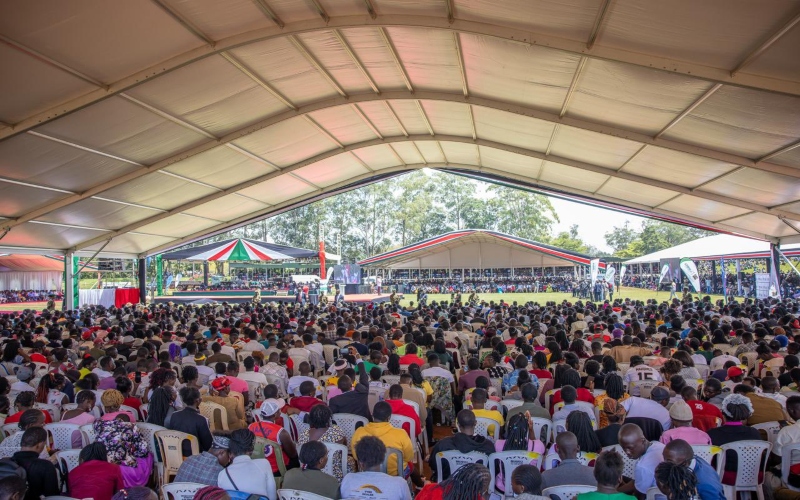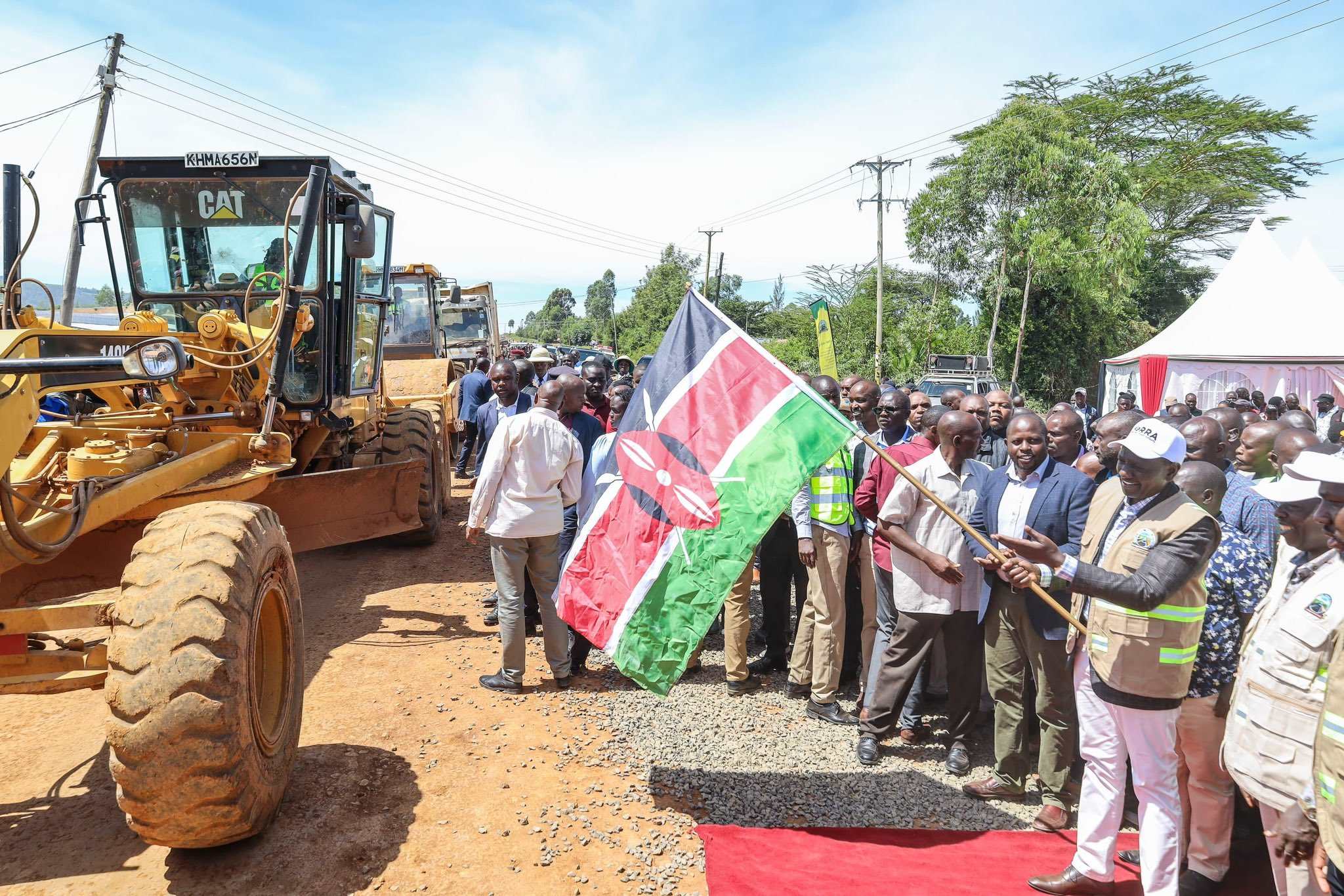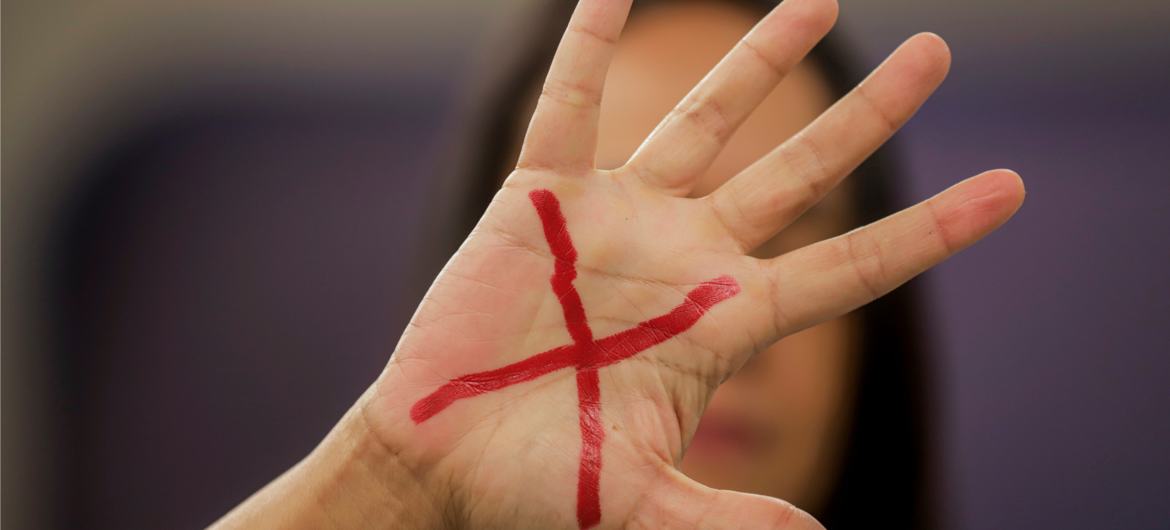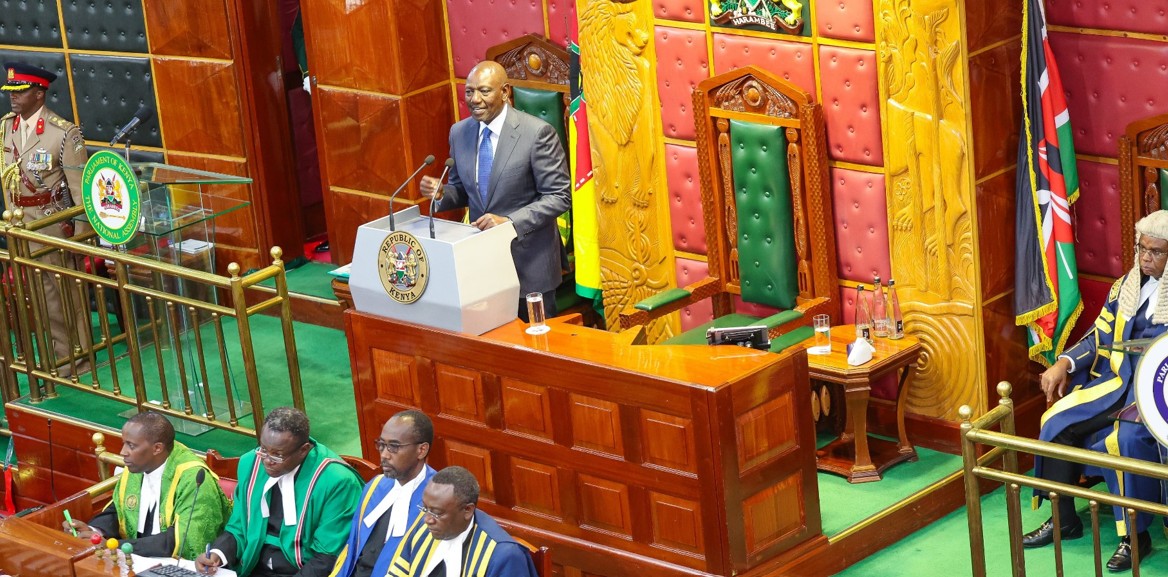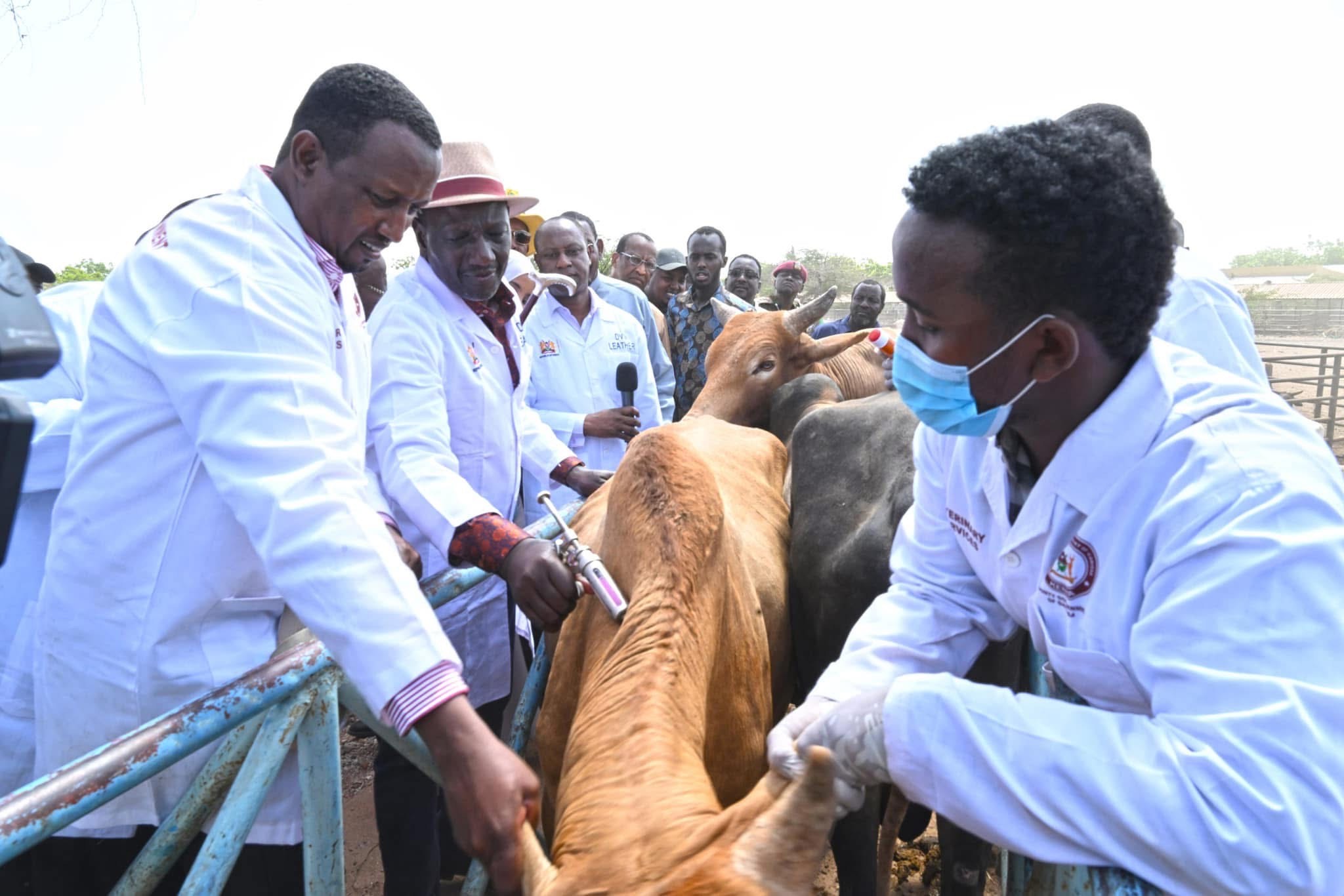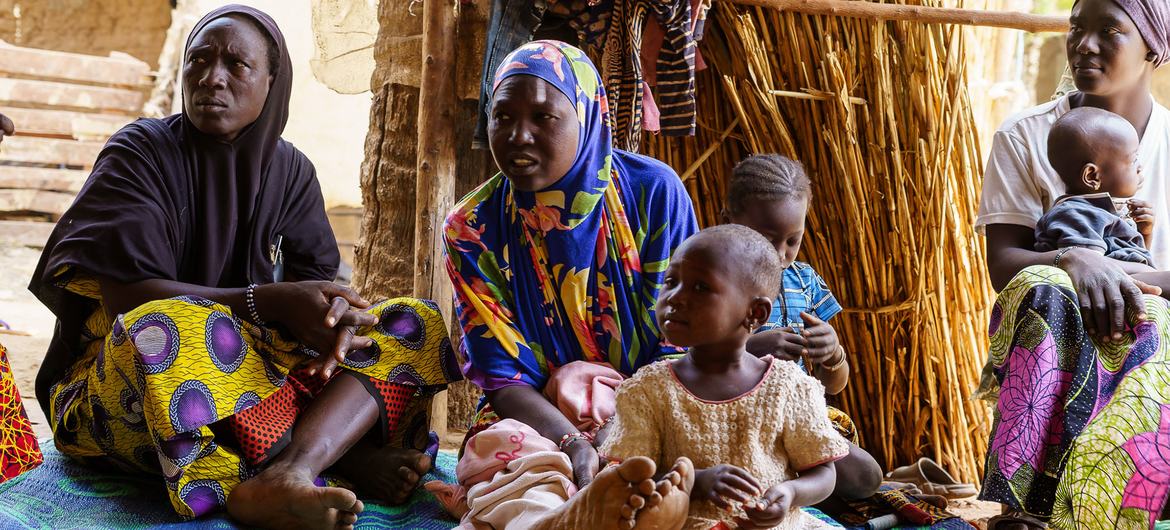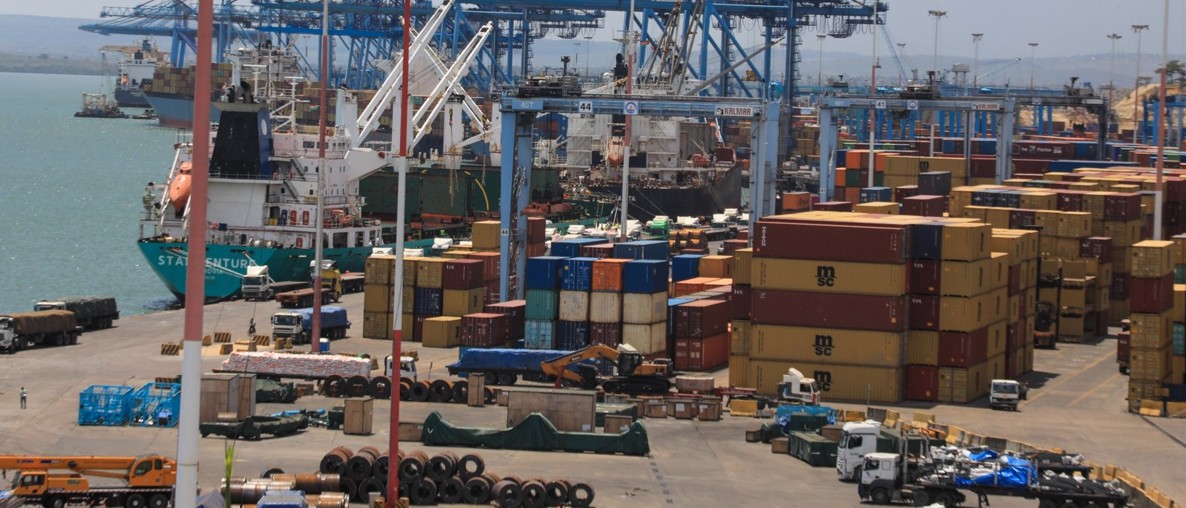Over 5,000 Rwandans stream back from DR Congo after Qatar peace agreement
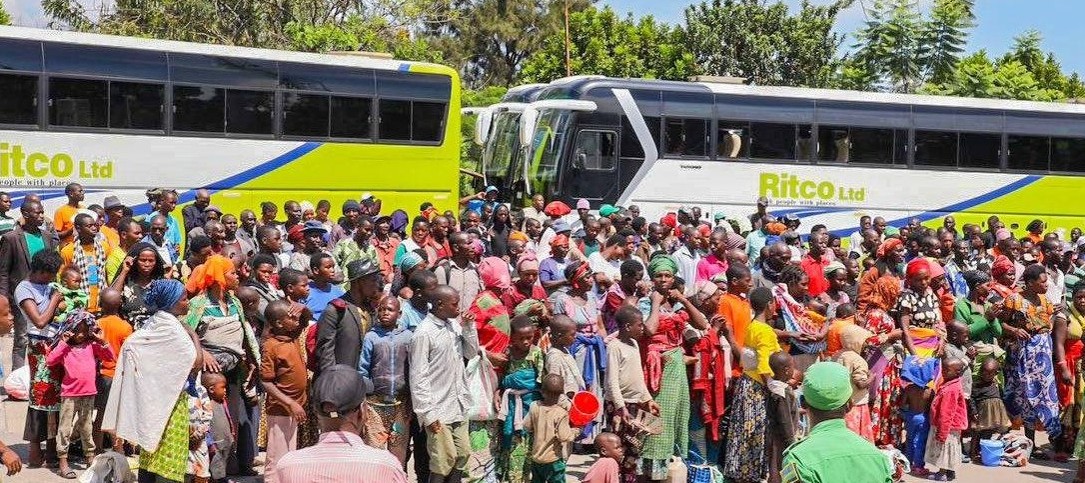
Many of those displaced are from Hutu communities, including individuals connected to the Democratic Forces for the Liberation of Rwanda (FDLR), founded after the 1994 genocide.
More than 500 Rwandan returnees from the Democratic Republic of Congo (DRC) crossed the Grande Barrière border in Rubavu District on Thursday, November 20, bringing the total number of repatriated individuals to over 5,000, according to the Ministry of Emergency Management. Most of those arriving were women and children.
The renewed influx comes just days after representatives of the DRC government and the M23 rebel group signed a peace agreement in Qatar aimed at ending years of conflict.
More To Read
- Goma airport can only be reopened by AFC/M23, say rebels
- Kenya reaffirms commitment to political solutions for regional conflicts
- DRC and Rwanda draft agreement to boost trade and investment
- Crimes against children in conflict surge to worst-ever level in 2024 - report
- Congo eyes debt-for-nature swap to ease fiscal strain
- Millions face escalating hunger crisis in eastern DRC, UN agencies warn
Announced in Doha by Qatar and the United States, the deal sets out a framework to halt hostilities and improve the humanitarian situation in the DRC.
Qatar’s Minister of State for Foreign Affairs, Mohammed bin Abdulaziz Al-Khulaifi, said the agreement builds on earlier negotiations and “enhances the process in order to find peaceful solutions through dialogue and understanding” to restore calm. He noted that progress had been made on several “substantial topics” during months of mediated talks.
The accord includes eight implementation protocols. Two—on ceasefire monitoring and prisoner exchange—have already been signed, while the remaining protocols, covering timelines, humanitarian access, refugee returns, restoring state authority, economic reforms, reintegration of armed groups, and the removal of foreign forces, are expected to be completed in the coming weeks.
Both sides also agreed to create an independent committee to oversee implementation and propose steps toward national reconciliation in line with the DRC constitution.
Massad Boulos, senior advisor and envoy for US President Donald Trump, thanked Qatar, the African Union, and Togo for their role in facilitating the talks.
“Today is a historic occasion in many ways,” he said, describing the framework as a “launching pad” for a comprehensive peace deal. He warned, however, that “this is a process, this is not a light switch that you can turn on and off, and there are many angles to it.”
Meanwhile, ongoing transfers of refugees and other individuals from M23-controlled areas in eastern DRC to Rwanda have raised concerns about potential war crimes and the role of the UN refugee agency, UNHCR.
Thousands have crossed into Rwanda in recent months, with some transfers organised by M23 and others authorised by the Congolese government.
Many of those displaced are from Hutu communities, including individuals connected to the Democratic Forces for the Liberation of Rwanda (FDLR), founded after the 1994 genocide.
Rwanda’s foreign ministry told The New Humanitarian that all returning Rwandans had signed voluntary repatriation forms. UNHCR’s involvement has been criticised by some humanitarian workers, who argue that the agency’s presence helped legitimise the process.
Top Stories Today
